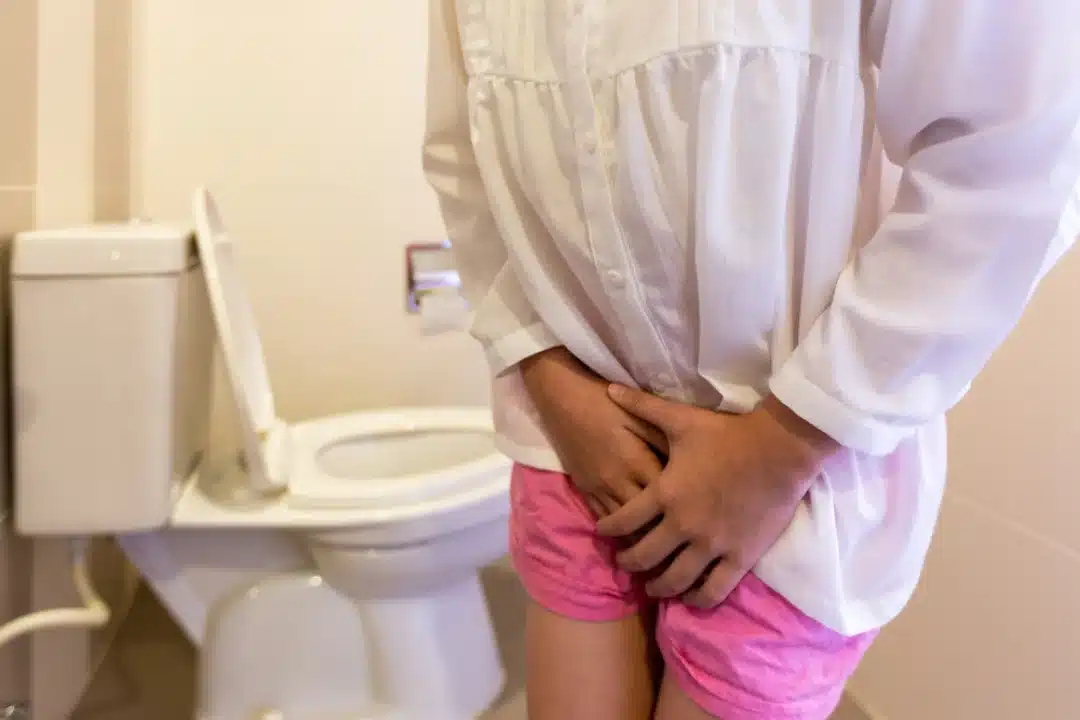
A urinary tract infection, or UTI for short, refers to an infection that can occur in any part of the urinary system – this includes the kidneys, ureters (pipes that carry urine from the kidneys to the bladder), bladder and urethra (tube through which urine leaves the body).
UTIs are typically caused by bacteria which enters the urinary system through the urethra and travels to the bladder. They are much more common in women than in men, owing to their shorter urethra (this makes it easier for the bacteria to enter and reach the bladder to result in cystitis i.e. bladder infection).
There are several risk factors that increase a person's likelihood of developing a urinary tract infection (UTI). Some of the most common risk factors include:

Symptoms of a UTI may include;
In severe cases, fever, nausea, or vomiting may occur; some may experience either a left or right flank pain if the UTI has progressed upwards to infect the kidney.
It is important to note that you may experience one or more of the fore-mentioned symptoms, and not necessarily the full spectrum. Different UTI episodes in the same person may also present in different ways.
In some cases, people with UTIs may not present with any symptoms and are incidentally picked up when urine tests are done for other reasons e.g. during a routine health screening.
Very mild UTIs may go away on its own, particularly if you are able to recognise it early and adopt some measures e.g. drinking more water to flush out the urinary system, or taking certain over-the-counter urinary alkaliniser, which works by raising the pH of urine.
However, once full-blown, a UTI is unlikely going to resolve on its own without treatment.
If you suspect that you may be having a UTI, you should visit your doctor as soon as possible to get some tests done. This is to reduce the risk of the UTI worsening and leading to a kidney infection, which can potentially make you extremely sick or even be life-threatening in some cases.
Your doctor will usually arrange for a urine microscopy (to check the number of red and white blood cells in your urine sample that may suggest the presence of a UTI) and a formal urine culture (to determine what bacteria is causing your UTI and which antibiotics is the most effective treatment for it).
It is not advisable to self medicate; if you have been given antibiotics by your doctor for your UTI, it is important to complete the course of antibiotics even if you feel better before the course is over, as incomplete therapy can encourage the emergence of multiresistant bacteria and make future UTIs challenging to treat.
The American Urological Association[1] defines recurrent UTIs as two episodes of acute bacterial cystitis within six months or three episodes within one year.
These definitions typically consider these episodes to be culture proven and separate infections with the resolution of symptoms between episodes; this is because the accuracy of clinical diagnoses can vary considerably.
If you have recurrent UTIs, it is best to consult a urologist or a urogynaecologist (if you are a female) who will need to take a detailed history and perform physical examination/ further investigations to delineate the possible causes of your recurrent UTIs.
Further investigations may include;
Depending on the findings, there are some measures that may be suggested to reduce the risk of recurrent UTIs - these include:
Do you have any questions regarding UTIs? Feel free to contact me.